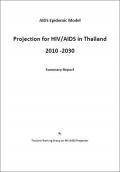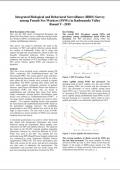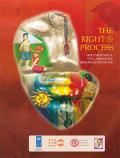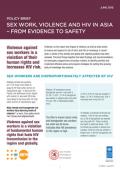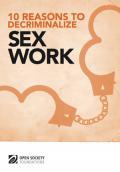Publications on Female Sex Workers (FSW)

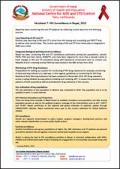
Nepal has been conducting HIV and STI surveillance particularly among key populations, namely: PWID, FSW and their clients, MSM/TG, and male labor migrants for more than a decade mainly to track changes in HIV and STI prevalence along with behavioral components such as condom use. Hepatitis-B and C screening among PWID has been started in the IBBS surveys from 2015.
The size estimation of key population in districts was conducted in 2010. The population size is to be updated in every 2-3 years interval.
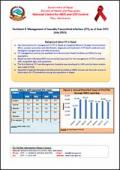
Background about STI in Nepal:
- Key interventions for management of STI in Nepal are targeted Behavior Change Communication (BCC), condom promotion and distribution, diagnosis and treatment of STI (both syndromic and etiological management) and referral services.
- STI management services are available from Government Health Facilities and NGOs for key population.
- Nepal has been following WHO recommended approach for the management of STIs in patients with recognized signs and symptoms.
